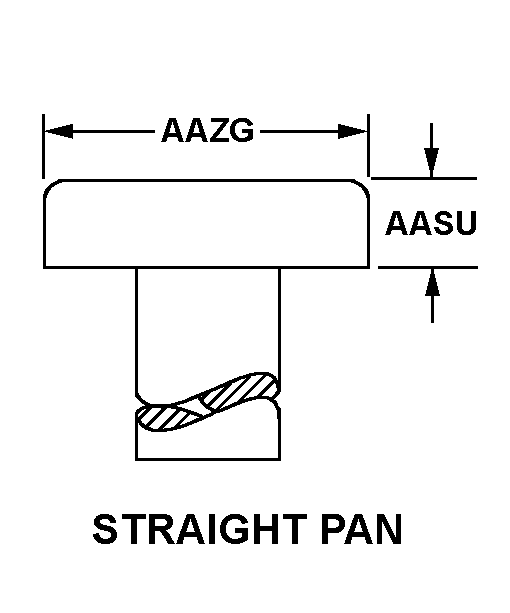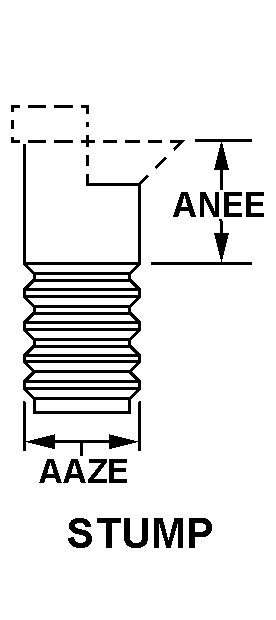5320016037962
Price Quote Get an up to date pricing and availability quote for this product. Order online or over the phone.
Quality Commitment
Serving our customers with quality and safety first.
- AS9120 Certified
- Audited supply chain
- ITAR Registered
- DDTC Registered
- HAZMAT Certified
- Customer service objectives
- Every product 100% inspected

5320-01-603-7962 Specification Set by the OEM (see RNCC code 3)
30.40 mm and 30.90 mm
straight pan
1.950 mm and 2.200 mm
8.0 mm
stump
12.25 mm and 12.85 mm
0.95 mm and 1.20 mm
4.05 mm and 4.60 mm
raf helicopter
21.0 mm
31600 newtons per square millimeter
protruding shear head titanium 1mm grip variation
titanium alloy
AMS4928 assn std single material response or 4967 assn std single material response
aluminum
Cross Reference Parts Part numbers that meet the specification outlined on this page and set by the OEM
Identification Item Identification Guide (IIG) and Item Name Code (INC)


Definition Definition of approved item name (AIN): "PIN-RIVET"
A metallic or nonmetallic item, headed at one end, with a cylindrically shaped shank which may be tapered, grooved, or threaded. a locking collar or sleeve may be provided to perform the same holding action as the clinching portion of a conventional rivet. the shank may include an external wrenching facility which breaks off at a predetermined applied torque.
5320-01-603-7962 Material Hazmat, Precious Metals, Criticality, Enviroment, and ESD
Indicates there is no data in the hmirs and the nsn is in a fsc not generally suspected of containing hazardous materials.
Item does not contain precious metal.
No known electrostatic discharge (esd) or electromagnetic interference (emi) sensitivity.
Represents items with no adp components
The item does not have a nuclear hardened feature or any other critical feature such as tolerance, fit restriction or application.
Identification Codes
HMIC: Hazardous Material Indicator Code. A one position code that identifies a hazardous item.
PMIC: Precious Metal Indicator Code. A one position code which identifies items that have precious metals as part of their content. precious metals are those metals generally considered to be uncommon, highly valuable, and relatively superior in certain properties such as resistance to corrosion and electrical conductivity.
ESD: Electrostatic Discharge. Indicates if an item is susceptible to electrostatic discharge or electromagnetic interference damage. electrostatic discharge damage occurs when an accumulation of static electricity generated by the relative motion or separation of materials is released to another item by direct contact. electromagnetic interference damage occurs when an item comes into proximity with an electrostatic or magnetic field.
ENAC: Enviromental Attribute Code. Identifies items with environmentally preferred characteristics.
CRITL: Criticality Indicator Code. Indicates an item is technically critical by tolerance, fit, application, nuclear hardness properties, or other characteristics.






